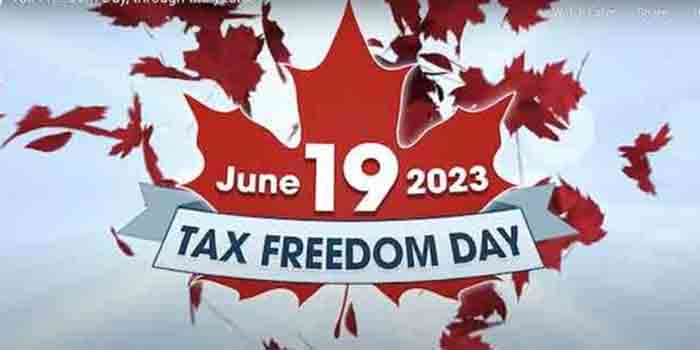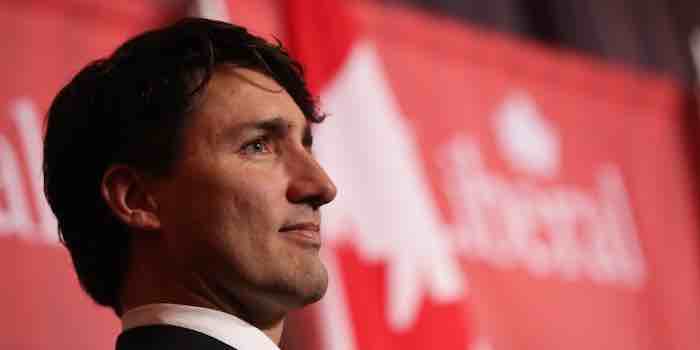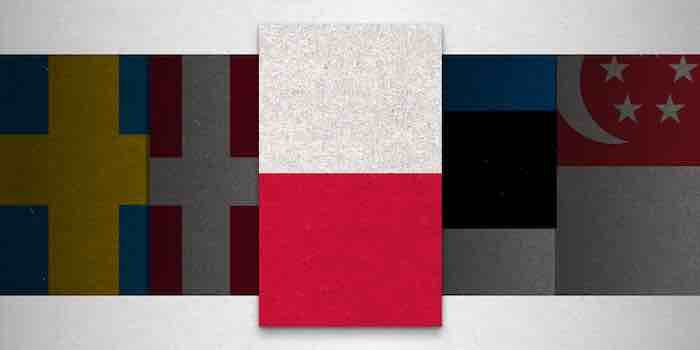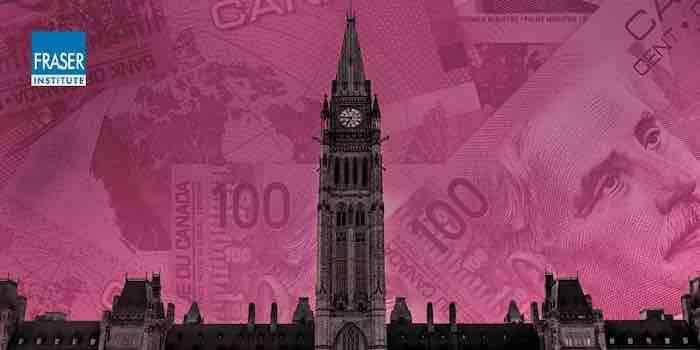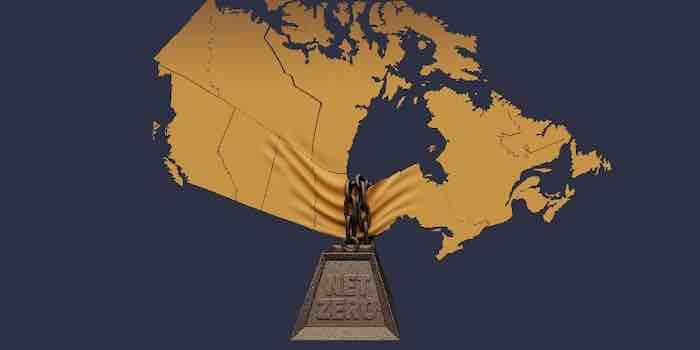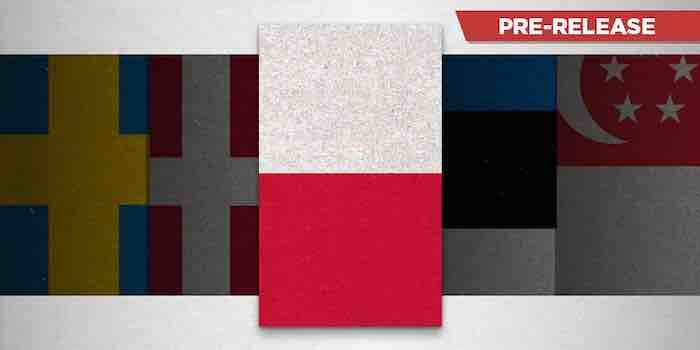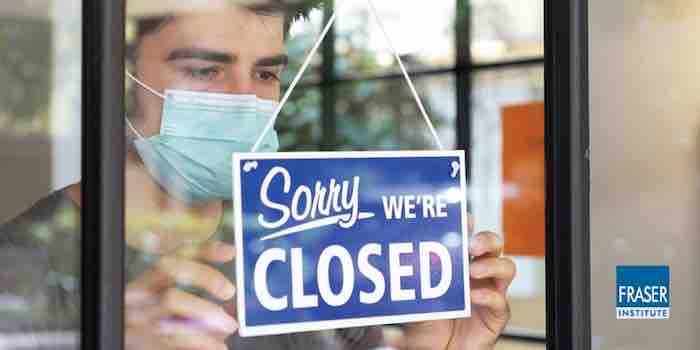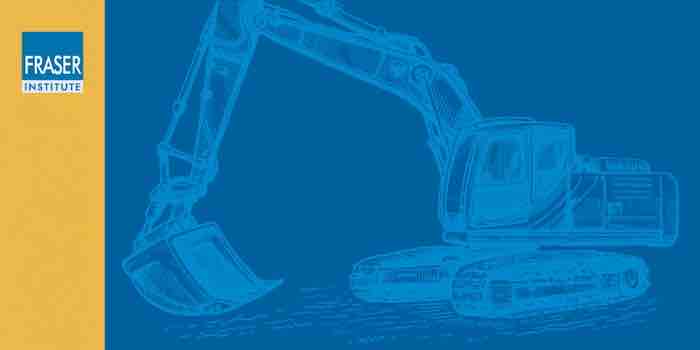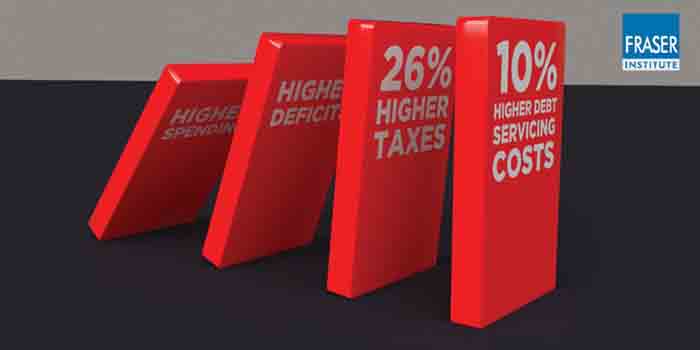Comparing Business Investment per Worker in Canada and the United States, 2002–2021

CALGARY—Business investment per worker—a key driver of income gains and living standards—has declined in Canada since 2014, finds a new study published today by the Fraser Institute, an independent, non-partisan Canadian public policy think-tank.
“The prosperity of Canadians depends in large part on the strength of business investment, so poor investment performance is bad news for workers,” said Tegan Hill, senior economist at the Fraser Institute and coauthor of Comparing Business Investment per Worker in Canada and the United States, 2002–2021.



